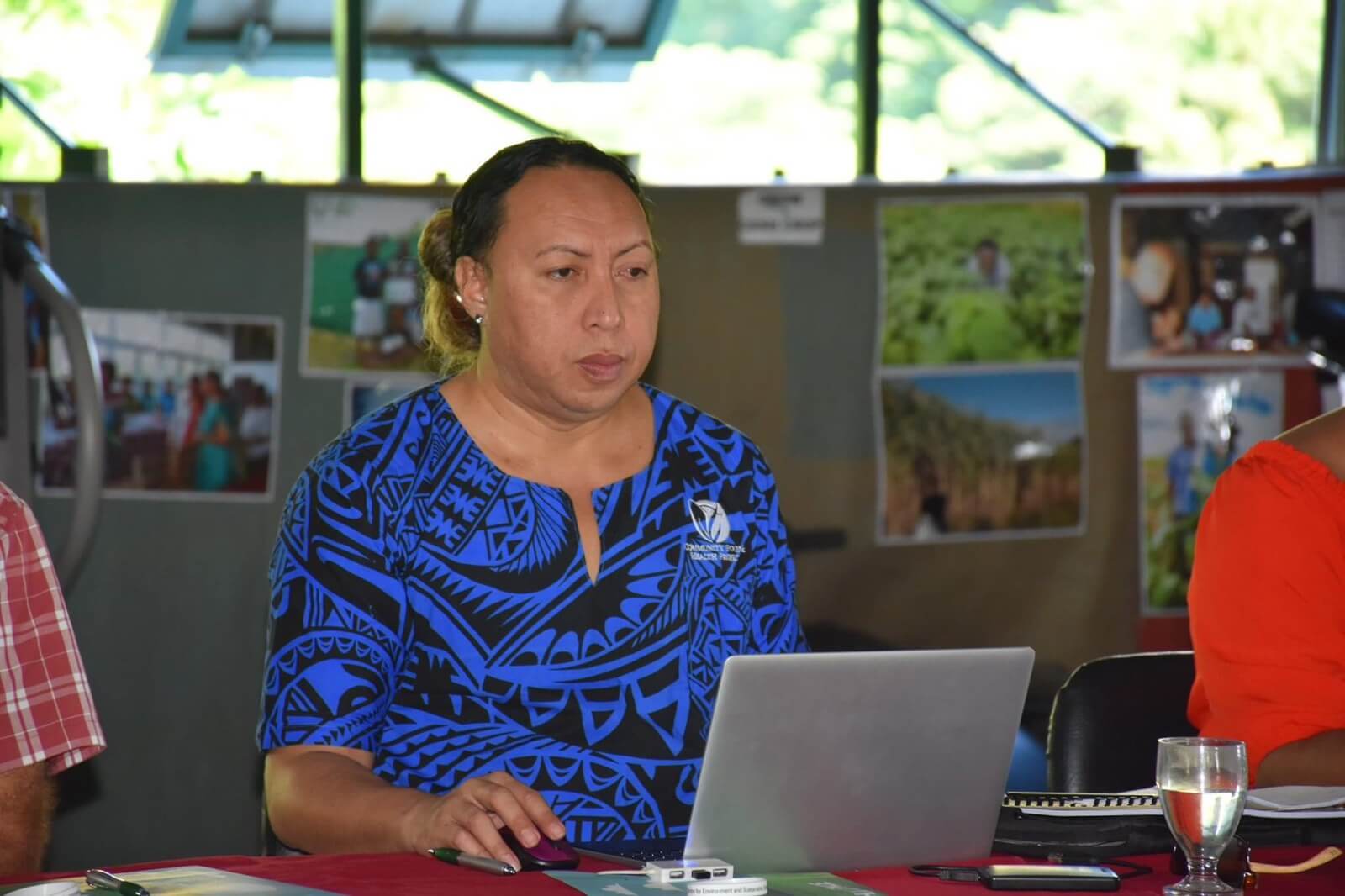Related News

Jioje Fesaitu is a dietitian nutritionist who is also pursuing a Postgraduate Diploma in Climate Change at The University of the South Pacific (USP).
Fesaitu presented the results of a research project on the Prevalence and factors associated with dietary diversity and food insecurity in a rural maritime community of a Small Island Developing State at USP’s first Research Seminar Series.
The Research Office of USP successfully held the first of its Research Seminar Series at its Laucala campus in Suva on Wednesday (14/06/23).
In his presentation, Fesaitu highlighted that the research was carried out alongside academics including Ms Christina Howitt, Dr Madhuvanti- M. Murphy, Nigel Unwin, and Dr Viliamu Iese.
He shared that Small Island Developing States (SIDS) experience high burdens of non-communicable disease, has exacerbated by an increasing reliance on food imports, which are often of low nutritional quality.
“The study aimed to estimate the prevalence of Food Insecurity (FI) and an indicator of diet quality. We also explored associations between two outcomes of sociodemographic data, DDS and Food Insecurity (FI), with food production diversity (FPD), and food sources,” Fesaitu said.
He explained that they conducted a cross-sectional survey of adults aged 18 and over.
“The questionnaire included 24-hour diet recall, FI, FPD, sources of food consumed, and sociodemographic data DDS, Food production diversity, FI were then obtained,” he added.
According to the findings and interpretations of the research project, Fesaitu said, “200 participants completed the survey of which 52% were female, and the mean age was 44.9 (15.2) years.”
“Consuming foods produced by their own households and food obtained from borrowing/exchanging/bartering were the most common sources, with 94% and 93% consuming food from these sources more than weekly, respectively. The prevalence of inadequate dietary diversity was 72%, and the mean DDS was 3.6 (1.7). The prevalence of moderate-to-severe Food Insecurity (FI) was 5.5%. No difference in gender for DDS and FI,” he added.
Fesaitu said their findings confirm that food security can be attained through home production and community sharing of food, which is primarily used for home consumption.
He said, “Despite the high prevalence of food security in the Yasawa Islands, dietary quality could be improved through increasing dietary diversity, which is desirable in order to reduce NCDs in this setting, and this was all included in the conclusion of the research project.”
Currently, Fesaitu is working as a research assistant for the Food Securities Research on projects such as the Intervention, Co-creation to Improve Community-based Food Production and Household Nutrition (ICoFaN) project and the Global Community Food and Health (GCFaH) project based at the Pacific Centre for Environment and Sustainable Development (PaCE-SD), while pursuing a postgraduate diploma in Climate Change.